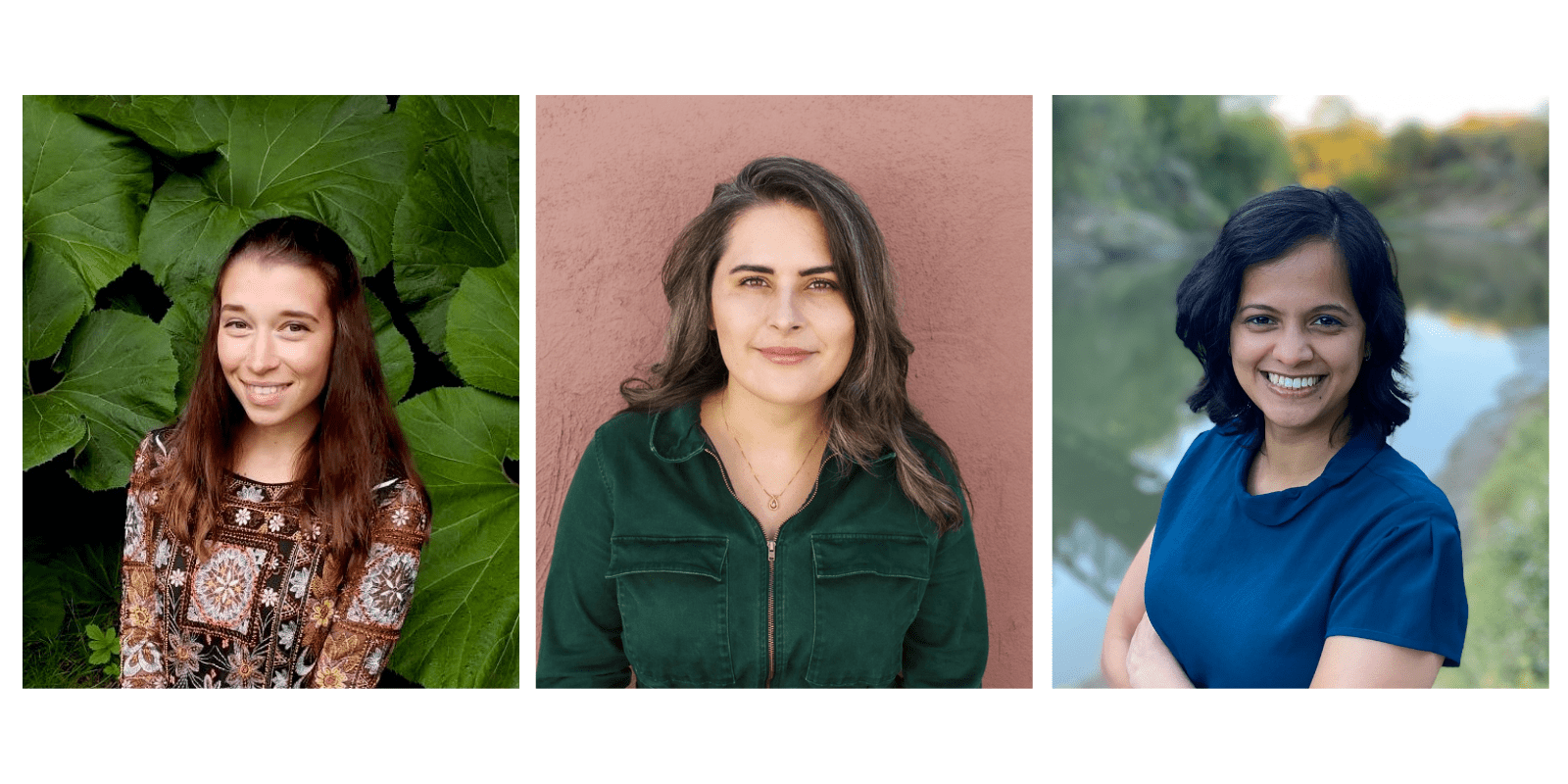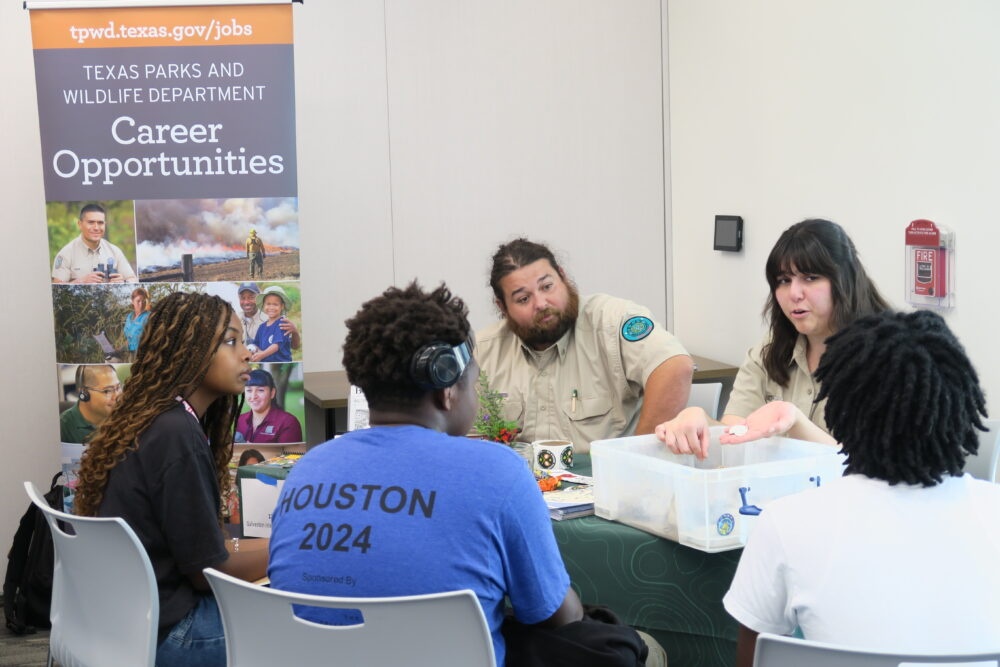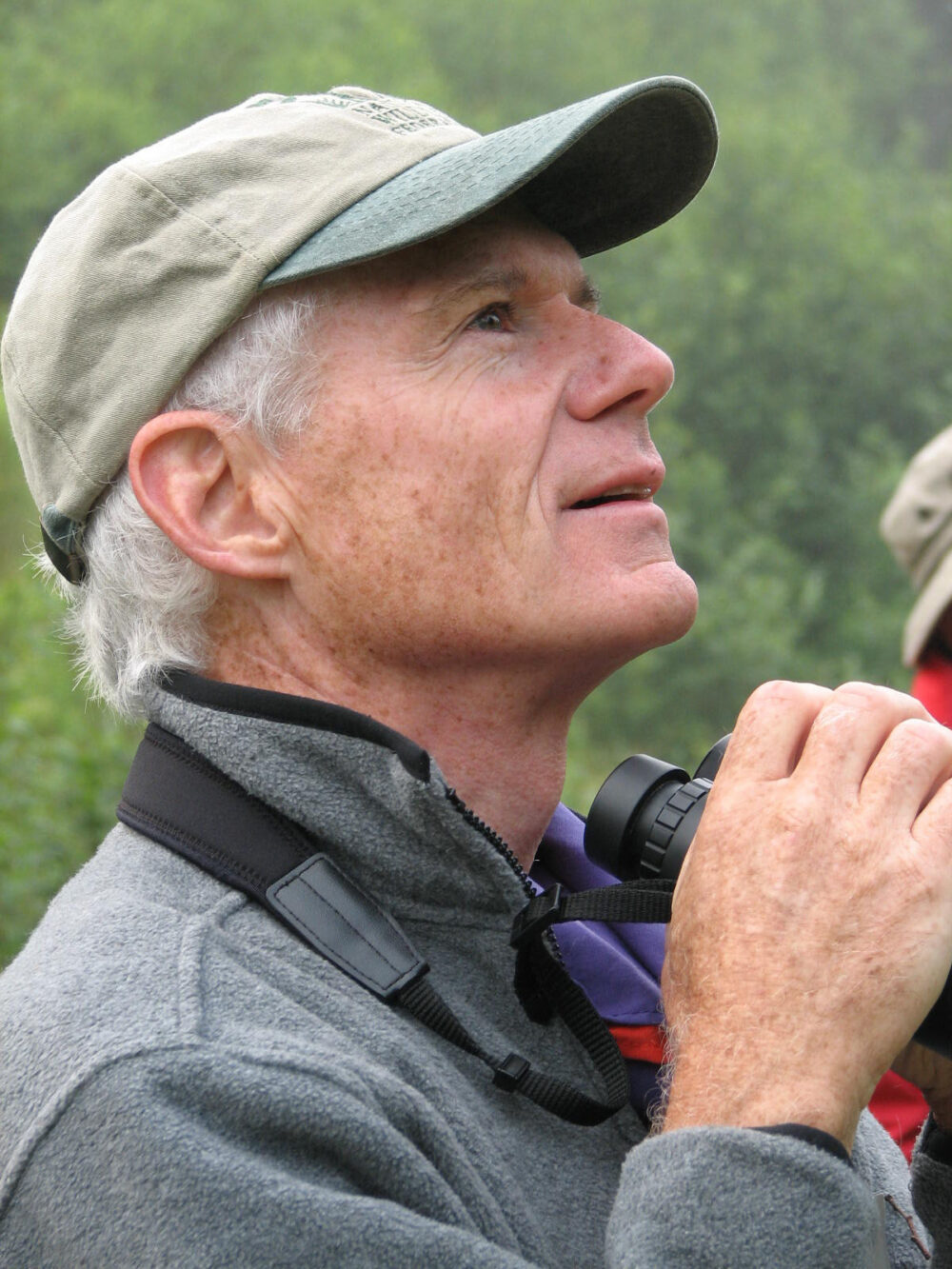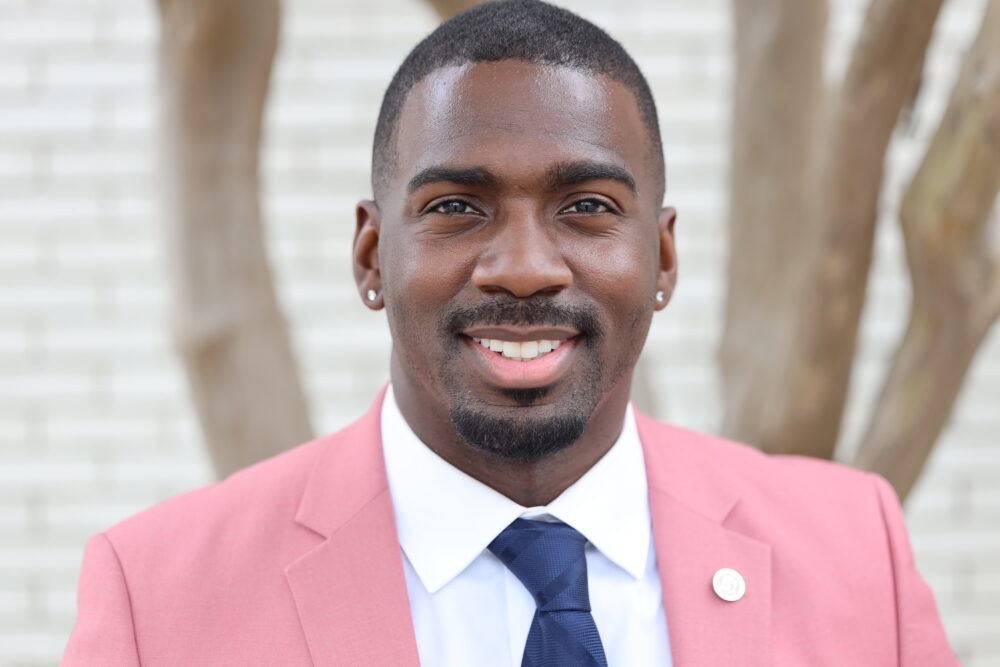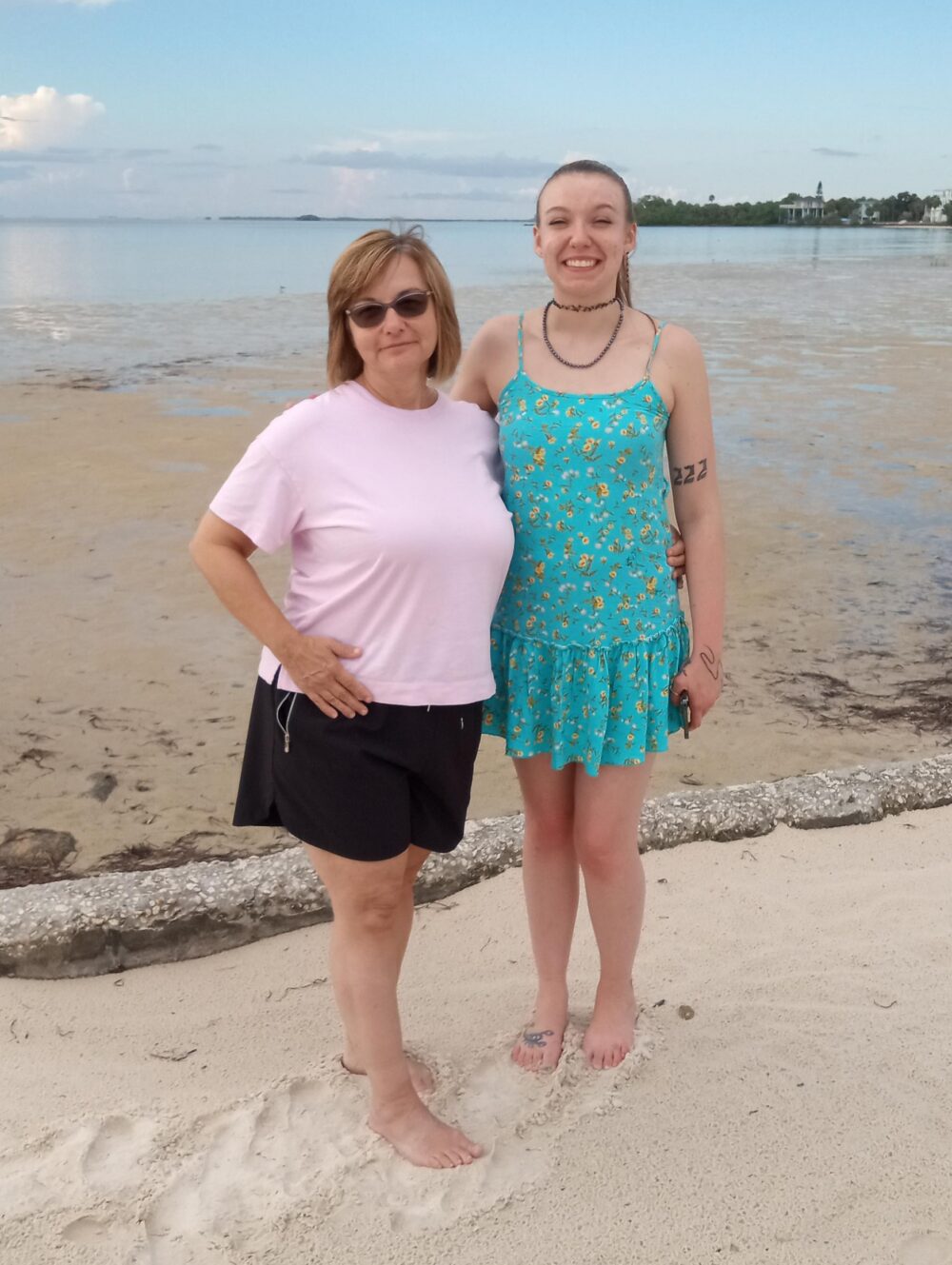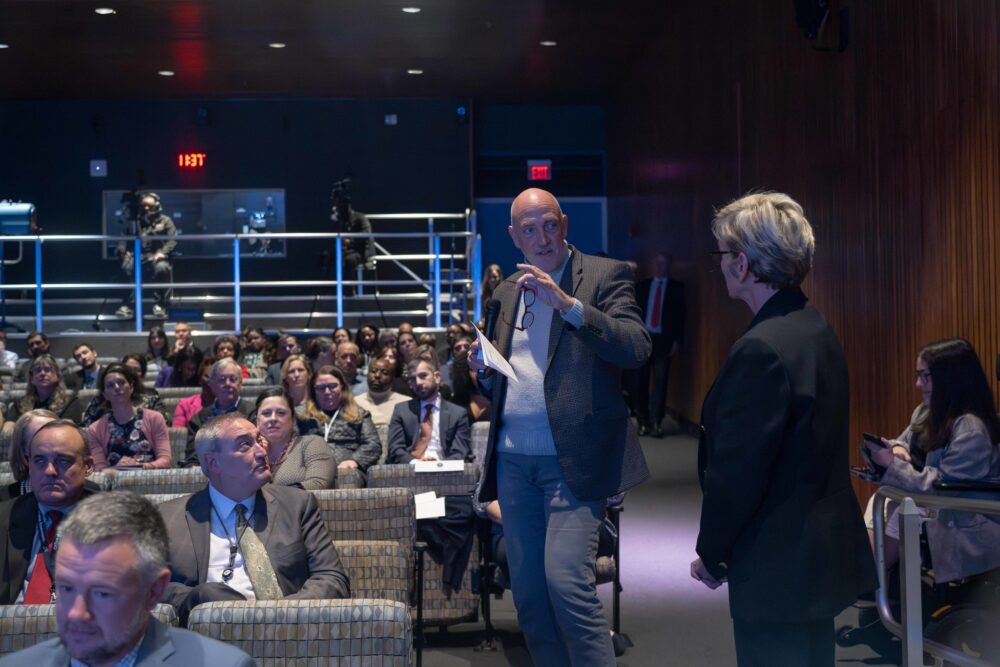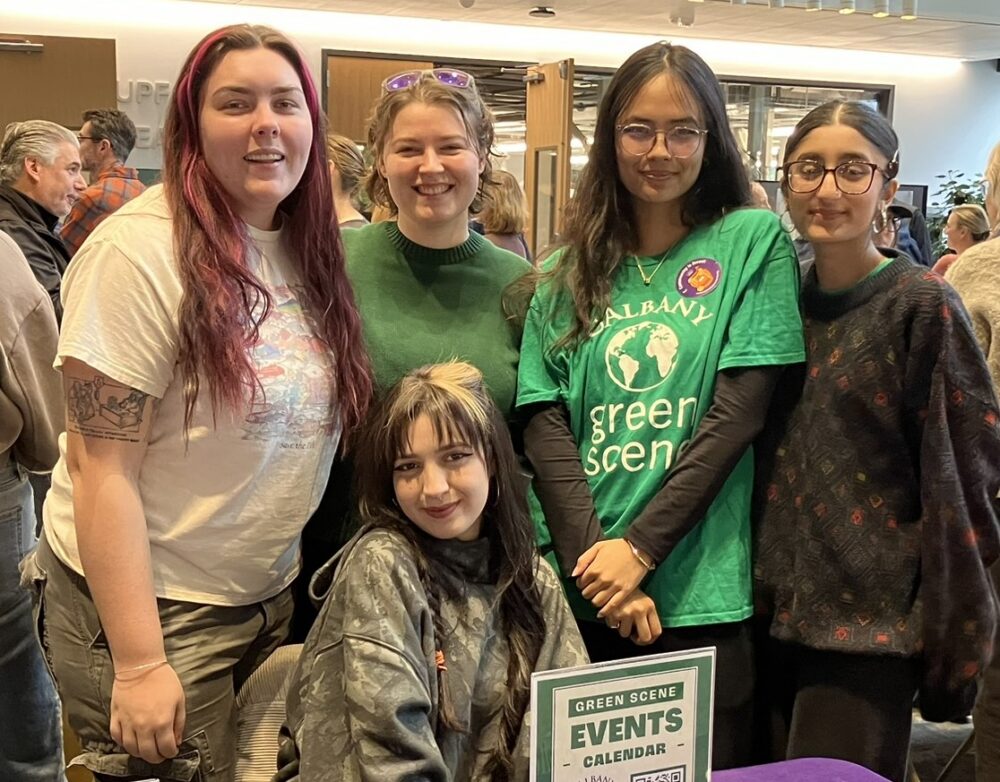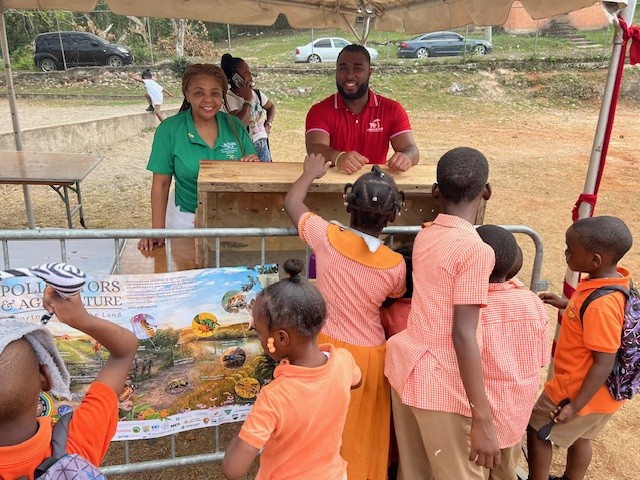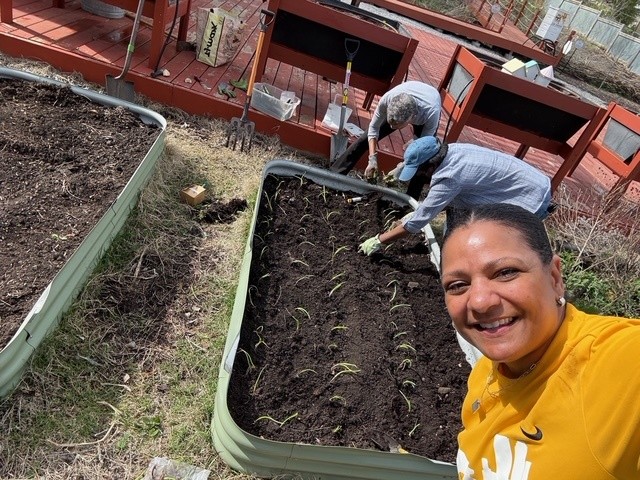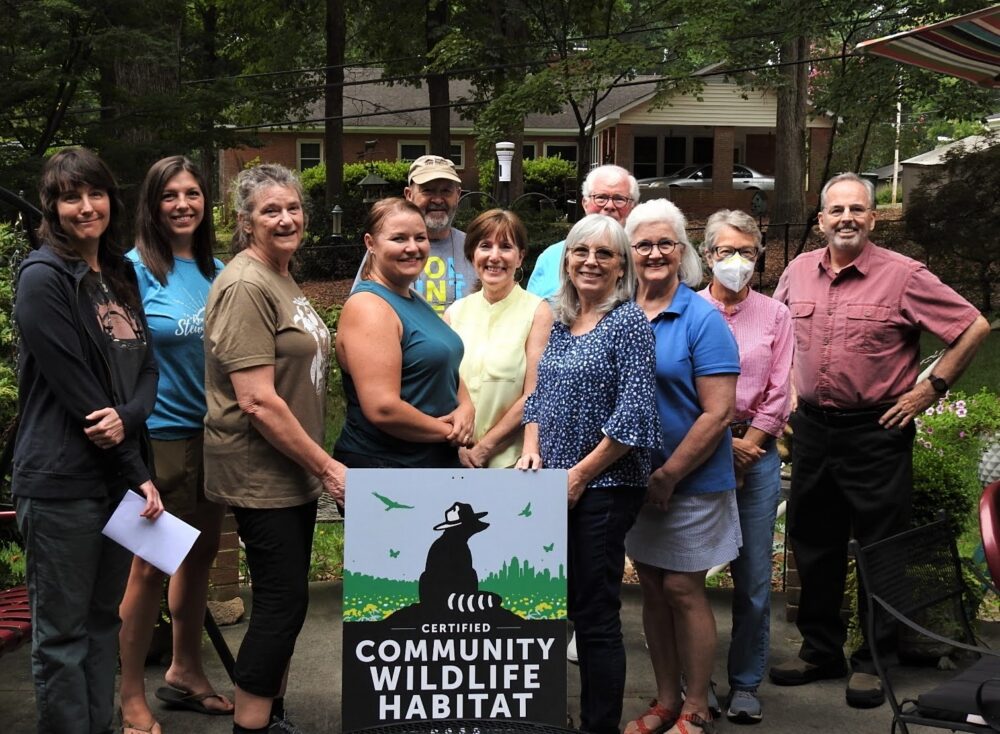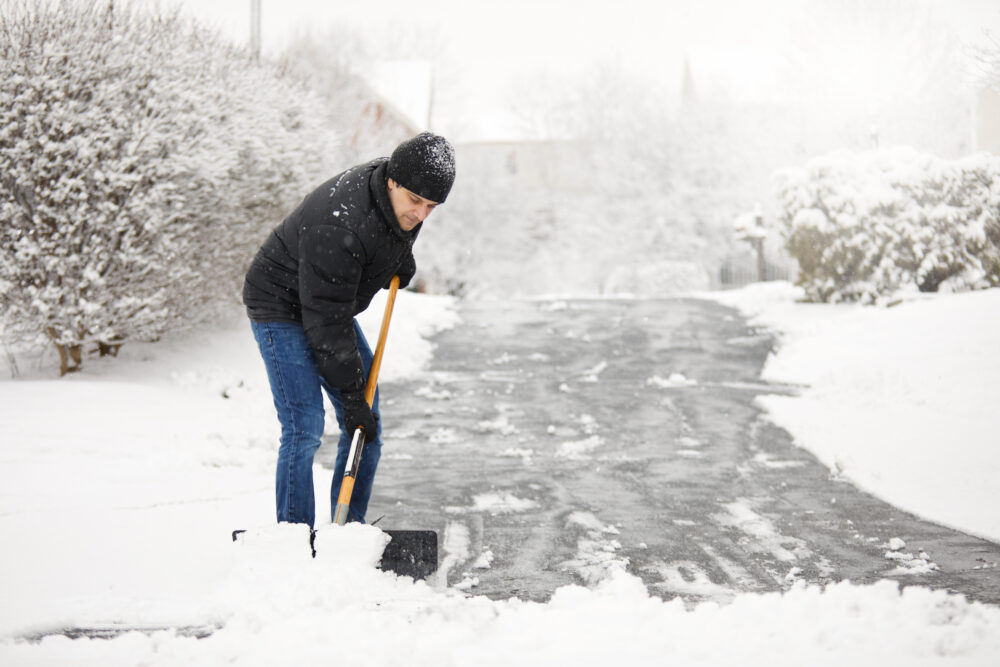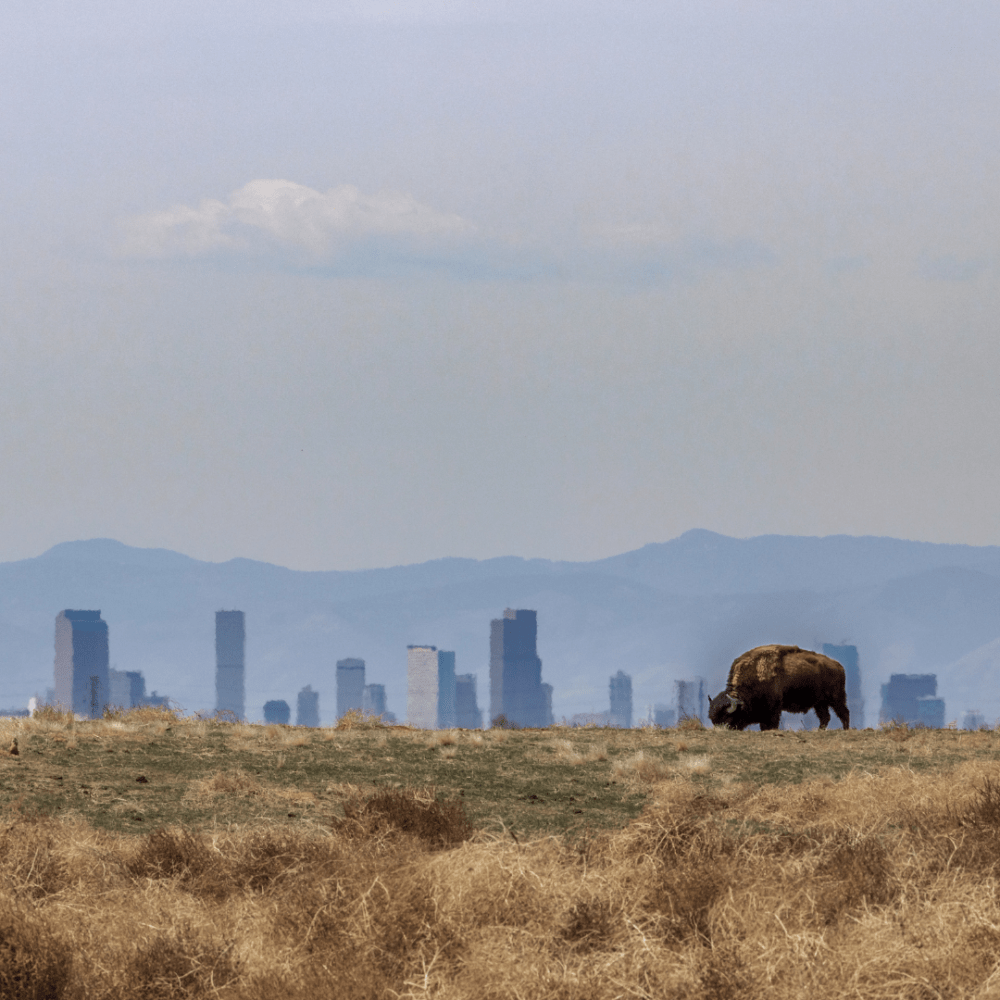We have much more to do and your continued support is needed now more than ever.
The Well is Dry
Lack of initial funding for conducting scientific research after the Gulf oil disaster, and the impact on scientists’ ability to collect important baseline data.

On September 15th, 149 days – that’s 4 months and 27 days – after the Gulf oil disaster the Florida Institute of Oceanography (FIO) held a conference at the University of Central Florida. It took a whopping 149 days to get started, not because FIO was dragging their feet, but due to the fact that it took that long for BP to dole out the funds. At the conference, they reviewed the 27 selected projects aimed at researching the impacts of the Gulf oil disaster on wildlife and ecosystems.
The FIO is comprised of 21 institutions in Florida, and is housed in St. Petersburg, Florida at the University of South Florida, College of Marine Science. The conglomerate includes all the public universities, a few private universities, MOTE Marine Lab, and state agencies like Florida Fish and Wildlife Research Institute.
This first round of funding was accrued out of BP’s Gulf of Mexico Research Initiative (GRI). FIO was allocated $10 million to begin research, out of the $500 million total dedicated to scientific research over the next 10 years. According to Bill Hogarth, Director of FIO and Dean of USF’s college of marine science, while it’s great to have some money to fund research, that “installment” is nothing more than a drop in the bucket.
“We need the money. This is a small amount. We need $50-60 million right now. We have a need for $38 million more for projects that we could put on the ground in two weeks time if we had the money. We have the organization. We’re set up to do it in Florida. It’s just a matter of finding the funding. We’re not giving up. We’re going to continue to look for money. There is a lot we need to know to protect Florida’s $9-10 billion fishery. We need to go out. We need to be on the water. We need to answer the questions.”
The main dilemma about not having money available to fund the nation’s elite marine scientists on day 1 is that it impaired their ability to collect baseline data, or controls, regarding the state of affairs for wildlife and ecosystems before the Gulf oil disaster occurred.
Sara Edge, Research Associate at Harbor Branch, corroborates the importance of obtaining baseline data. “You need baseline data to get an understanding of how healthy the organism or ecosystem was before the oil impacts it. That gives us a level of comparison to see just how damaging the oil is to those respective organisms and ecosystems.”
Dr Mitchell Roffer, President and Founder of Roffer’s Ocean Fishing Forecasting Service, also explains “if you don’t have the equipment, you can’t go out and sample, and a lot of information and evidence has been lost because there was no money available to fund data collection.”
Additionally, the figures on wildlife that succumbed to the oil and dispersants will most likely be a low end estimate at best. According to Dr. Will Paterson, University of West Florida fish biologist, “the oil has sunk, and a lot of it has disappeared. Many of the animals which have died were not sampled. They’ve disappeared, so there is less evidence of wildlife dying because no one has been out sampling. No one had the money to do it.”
Now, let’s fast forward to October 12th, one hundred and seventy-six days after the nation’s worst man-made environmental catastrophe. The Obama administration decided to lift the ban on offshore drilling. As such, it would appear that our nation’s energy policy is going to maintain the course for the foreseeable future. That does not mean that this disaster cannot serve as a learning experience.
If any lessons are to be learned from the Gulf oil disaster, it’s that there needs to be more oversight and more checks and balances within the regulatory agencies that oversee offshore oil and gas exploration. Even more important, is the overwhelming need to set up proper funding channels, should another disaster unfold down the road and this fund should be created by profits obtained through drilling for oil and gas offshore, not out of taxpayers’ pockets. That way, our nation’s top scientists and experts will be able to hit the ground running and collect vital baseline data. Then, we can truly comprehend the state of affairs for one of the world’s most dynamic marine ecosystems.

